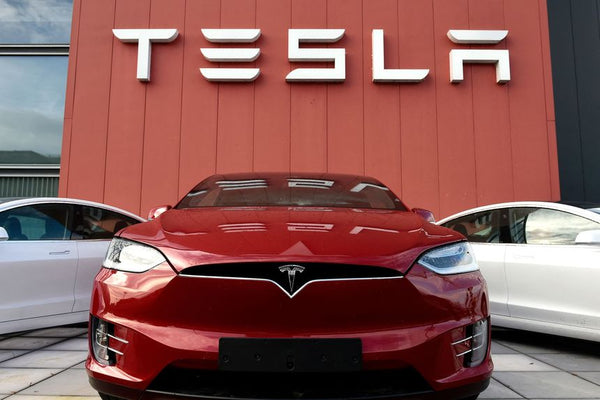A number of US media reported that US Tesla is considering acquiring Brazilian lithium miner Sigma Lithium, which is now valued at US$3 billion.
The US electric vehicle website reported on the 20th that as the cost of lithium battery raw materials used in Tesla electric vehicles rises, Tesla intends to deeply enter the lithium mining industry.
Tesla's foray into lithium mining is no whim.

During Tesla's "Battery Day" event in 2020, the car company announced that it will acquire a lithium mine covering an area of about 40 square kilometers in Nevada, USA. However, over the past two years, Tesla's actions involving the lithium industry have only been reflected in a new lithium smelter in Texas, USA.
Tesla has said that if it wants to get deeply involved in the lithium mining industry, it may have to consider an acquisition. Tesla has rarely engaged in acquisitions in the past, especially large-scale acquisitions. Now, though, Tesla is getting serious.
Bloomberg News reported on the 18th that Tesla CEO Elon Musk is negotiating with consultants to launch an acquisition, and Brazil's Sigma Lithium is one of the acquisition targets they are considering.
Bloomberg reported that Brazil's A10 Investment Company, the largest shareholder of Sigma Lithium, is considering selling Sigma Lithium and is negotiating with a number of potential buyers. Tesla is one of the companies that has shown acquisition interest.
According to reports, relevant negotiations are still in the initial stage, and an acquisition agreement may not be reached in the end. Given that Sigma Lithium shares have more than tripled in 12 months, and shareholders have high expectations for a transaction price, potential buyers may be hesitant to bid.
Sigma Lithium's main project is located in a lithium-rich strip in the Brazilian state of Minas Gerais, the electric vehicle website reported. The project is still in the development stage, and the output has reached the experimental scale. It is expected to achieve the commercial goal of producing 766,000 tons of lithium per year

